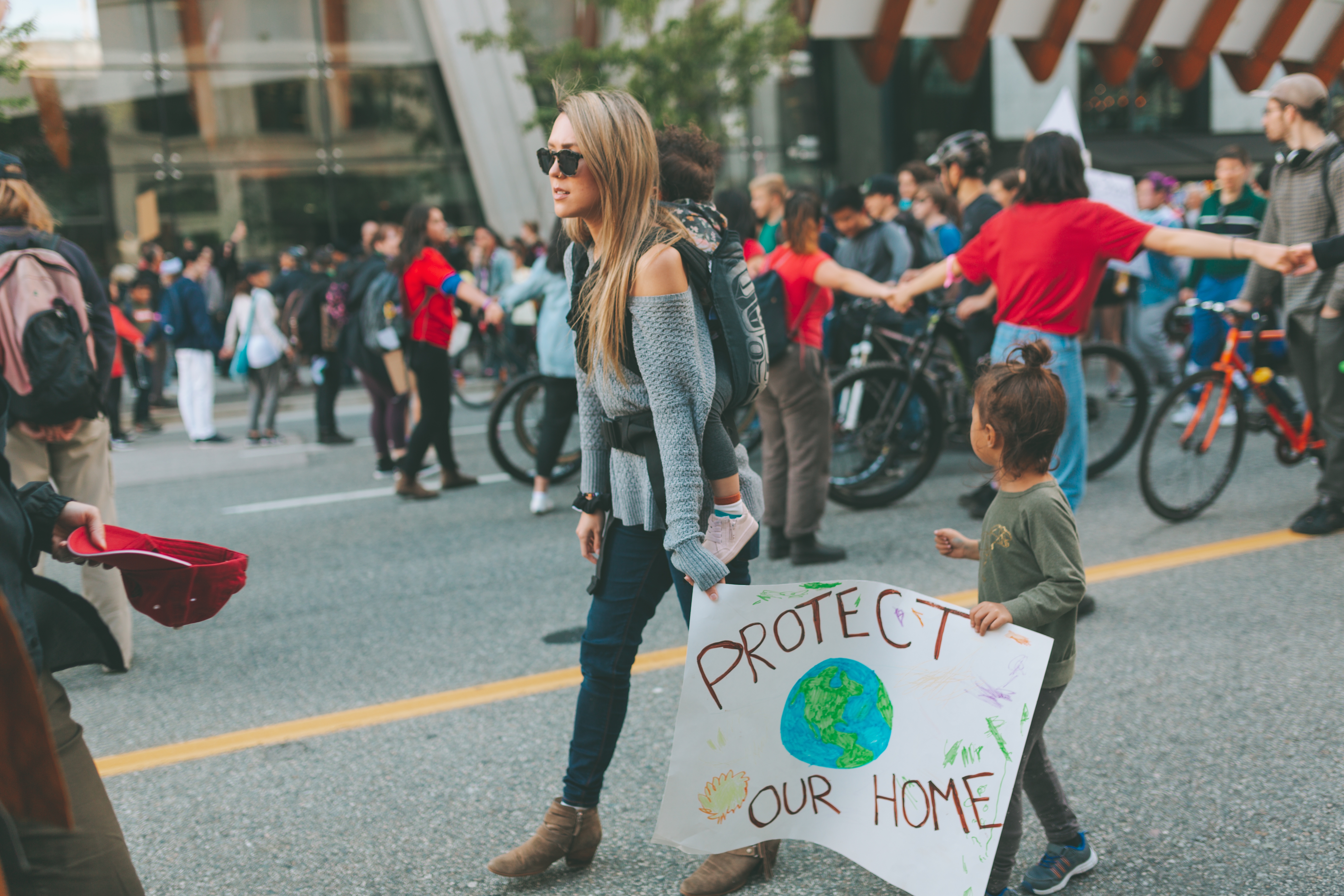
Adult education and climate change
Climate change, caused by our energy consumption, over-exploitation of ecosystems and unsustainable consumption and production patterns, threatens to undo much of the progress that has been made. Climate change affects food security and water supplies through changing precipitation patterns and impacts infrastructure through rising sea levels and the increasing intensity of storms, floods and droughts. As damage increases, economies will have to shift expenditures to disaster relief and away from social development, which means progress made under the Millennium Development Goals of 2000 could quickly backslide.
While there are numerous policy instruments and technical solutions for mitigating and responding to climate change, changing the behaviour of individuals and organisations will be the most critical component of the process.
While education is proposed as the most efficient mechanism for changing behaviour and improving climate literacy, it is unclear how to best deliver it. While many education programmes have done an excellent job building knowledge around the causes of climate change, little evidence exists that this knowledge is sufficient to change the behaviours responsible for climate change. Furthermore, education policies tend to target youth, and seldom address the climate literacy of the wider public. Meanwhile, the total amount of greenhouse gas (GHG) emissions in the atmosphere produced by human activity continue to rise.
“Learning to Know” and “Learning to Do”
Education policies should not focus solely on the causes and impacts of climate change. If the ultimate goal of climate change education is to cultivate people capable of using knowledge for changing environmentally unsustainable behaviours or learning new adaptive behaviours, then curricular content must include components focusing on mitigation and adaption options at both the individual and systems level.
Additionally, curricular policies cannot be deemed sufficient if they merely aim to develop “critical thinking” without any link to actionable solutions on the topic. This type of curricular policy model often leads to a cognitive gap — adult learners have a high degree of theoretical knowledge on climate change and possible solutions (learning to know) but have low competencies in enacting these solutions (learning to do).
One curriculum particularly suitable for translating knowledge into action is citizenship education. While the natural sciences and geography often teach the causes of climate change, citizenship education has great potential for cultivating agents of change who not only envision but also enact solutions to climate change. Today’s concept of citizenship education not only includes but also goes beyond the political-legal framework and involves the development of an ethos of shared rights and responsibilities, taking group decision-making, identity, diversity, justice and equity into account. An understanding of climate change and the link between the natural environment and civic institutions should be a crucial component of any citizenship curriculum.
Climate change-relevant citizenship skills should include:
-
ability to recognise the environmental, social and economic dimensions of climate change;
-
ability to connect local actions and initiatives to global processes, and;
-
capacity to move from analysis to systematic action on climate change.
Curricular policies that encourage service-learning – learning in which adults are involved in community activities and projects – are an important element in embedding the topic of climate change within citizenship education. Service-learning ensures an equal focus on both the service provided and the learning outcomes.
This approach allows educators, administrators, staff and community stakeholders to develop their own competencies in responding to climate change as well. This generates a culture of action competence in institutions as well as among the individuals within them.
Engaging Adults
Creating education policies for adults focused on mitigating climate change is especially urgent considering the relationship between age and GHG emissions. While recent research suggests that GHG production per capita sharply decreases among the very old (those over 80), it steadily increases into one’s mid-60s and stays above the per capita emissions of those under 30 throughout one’s 70s. As life expectancy continually rises along with material aspirations around the world, this trend is likely to increase. While most climate change education policies are geared towards the youth, their GHG emissions per capita are relatively low, compared to their elders. In contrast, those over the age of 50 are carrying their high carbon lifestyles into even older age.
Comprehensive education policies focused on adapting to climate change targeting those over 65 will be especially relevant. Educating seniors on the issue is not only strategic but capitalises on their capacity as agents of change within their own generations and communities.
The challenge now is to shape non-formal climate change education for adults. Policies encouraging downsizing, smart city planning, public transit and sustainable food, energy and water systems will have to incorporate education components directly engaging older age cohorts who may be reluctant to alter their behaviours or learn new technologies. Government ministries and departments, businesses, non-governmental organisations and other civil society actors should work with education policy officials to synergise the climate change education policies within their own organisations.